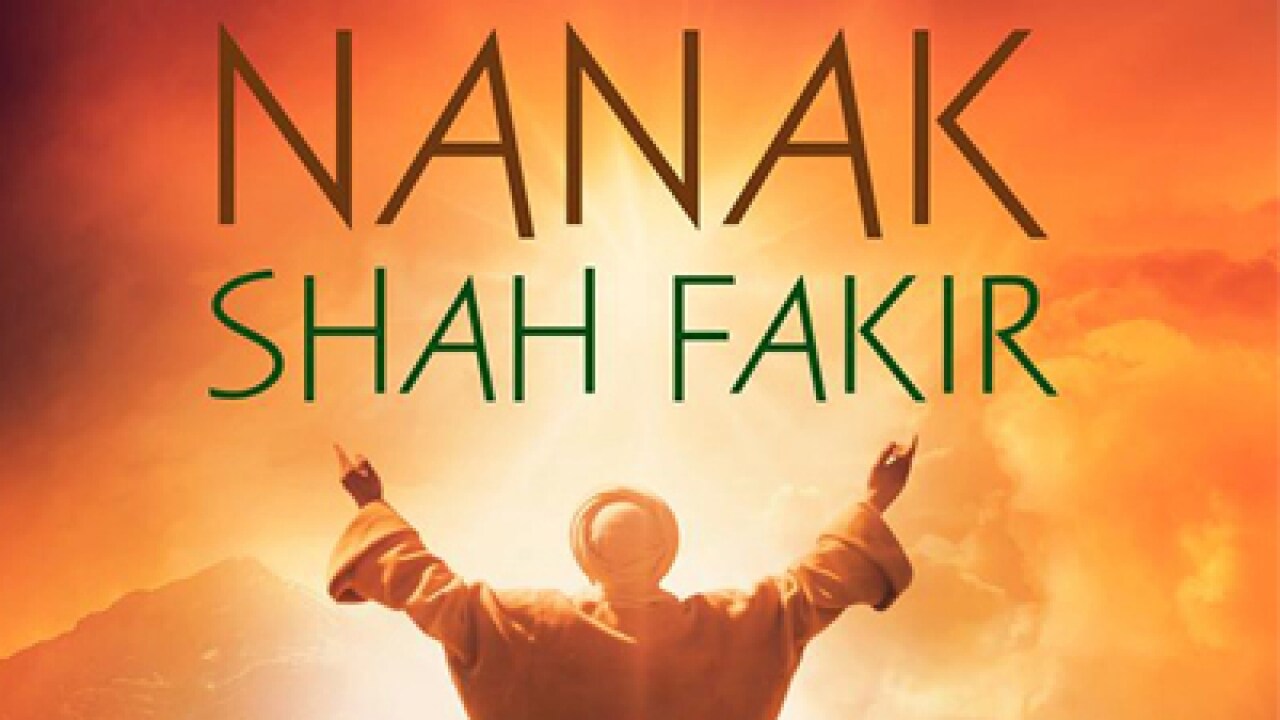Supreme Court has cleared the release of controversial Punjabi film Nanak Shah Fakir, citing the nod from the Central Board of Film Certification (CBFC) and artistic freedom as the reasons. It criticised the apex religious body of the Sikhs, Shiromani Gurdwara Prabandhak Committee (SGPC), for imposing restrictions on the film and cleared the decks for its nationwide release on 13 April. The top court said that once the CBFC grants certification to a movie, there cannot be any kind of obstruction for its exhibition. A bench of Chief Justice Dipak Misra and Justices A M Khanwilkar and D Y Chandrachud said after the certification from CBFC, no group, body, association or individuals can create any kind of disturbance in exhibition of the film. [caption id=“attachment_4425241” align=“alignnone” width=“1280”]  A poster of Nanak Shah Fakir. YouTube[/caption] Petitioner Harinder S Sikka, a retired Naval officer and the producer of the film, had approached the apex court claiming that the SGPC had recently banned the release of film which is based on the life and teachings of Sikhism’s founder Guru Nanak Dev, even after the CBFC cleared it on 28 March. The bench said the writ petition presented yet another picture of “many a private body endeavouring to curtail the freedom of expression of the idea of an author scripted in celluloid language because they have a perception that there will be some kind of law and order situation if the film in question, namely, Nanak Shah Fakir is released in movie halls”. It said that creating disturbance even after CBFC certification was akin to “becoming a law unto themselves and not respecting the law that governs the land”. “Once the film is granted certificate by the competent statutory board, unless the said certificate is nullified or modified by any superior authority, the producer or distributor of the film has every right to get it exhibited in a movie hall,” it said. The apex court observed that if such activities are encouraged, the same has the potentiality to bring in “anarchy and cripple the right of freedom of speech and expression”. “In any case, such bodies, groups or individuals cannot assume the position as if they are the authorities to grant certificate or unless they feel that the movie is to be released, it should not see the light of the day. The thought, the least said, is unacceptable”. The bench issued notice to the Centre and all the states and directed them to oversee that wherever the film is released, law and order is maintained and no one is allowed to create any disturbance. “It is the duty of the State to facilitate the enjoyment of right which has the sanction of law,” the top court said and directed the petitioner to communicate its order via e-mail to all the concerned authorities, so that needful can be done. It listed the matter for further hearing on May 8. Sikka, in his plea, has sought protection of the fundamental right of speech and expression and propagation of religious views, which, he claimed, was being curtailed by certain sections having vested interests in scuttling the release of the movie. The film was initially cleared by CBFC on 30 March 2015, and slated for release in April 2015, but after widespread protests, it was banned in Punjab for two months. After the ban, Sikka had withdrawn its worldwide release. He claimed to have held deliberations with the SGPC on various issues relating to the movie and, as suggested, carried out necessary modification. Following this, he had again approached the CBFC for clearance. The CBFC had again cleared the movie on 28 March 2018, but now SGPC, through a letter dated March 30, has withdrawn its support to the movie. Previously… With a section of the Sikhs opposing the film for its portrayal of the Sikh Gurus as living human beings, the Akal Takht on Monday had announced a ban on its release scheduled for 13 April. “We have imposed a ban on the controversial movie Nanak Shah Fakir. The film cannot be released (on 13 April),” Akal Takht Jathedar Gurbachan Singh told the media in Amritsar, around 250 km from Chandigarh. The Akal Takht is the highest temporal seat of Sikh religion. He said the religious sentiments of the community had been hurt over the portrayal of the Sikh masters. The movie was earlier to be released in 2015 but was shelved following the controversy. With a number of Bollywood and Punjabi movies running into trouble vis-a-vis Sikh organisations over the portrayal of community members and the Sikh Gurus, the Akal Takht also decided to constitute a Sikh Censor Board on the matter. In future, the Jathedar said, filmmakers will be required to seek the approval of the said board before starting a movie project in which Sikh religion or Sikhs were to be portrayed or highlighted in any manner. - With inputs from PTI and IANS
Akat Takht, the highest temporal seat of Sikh religion, said it won’t allow the release of controversial film Nanak Shah Fakir on 13 April.
Advertisement
End of Article


)
)
)
)
)
)
)
)
)



